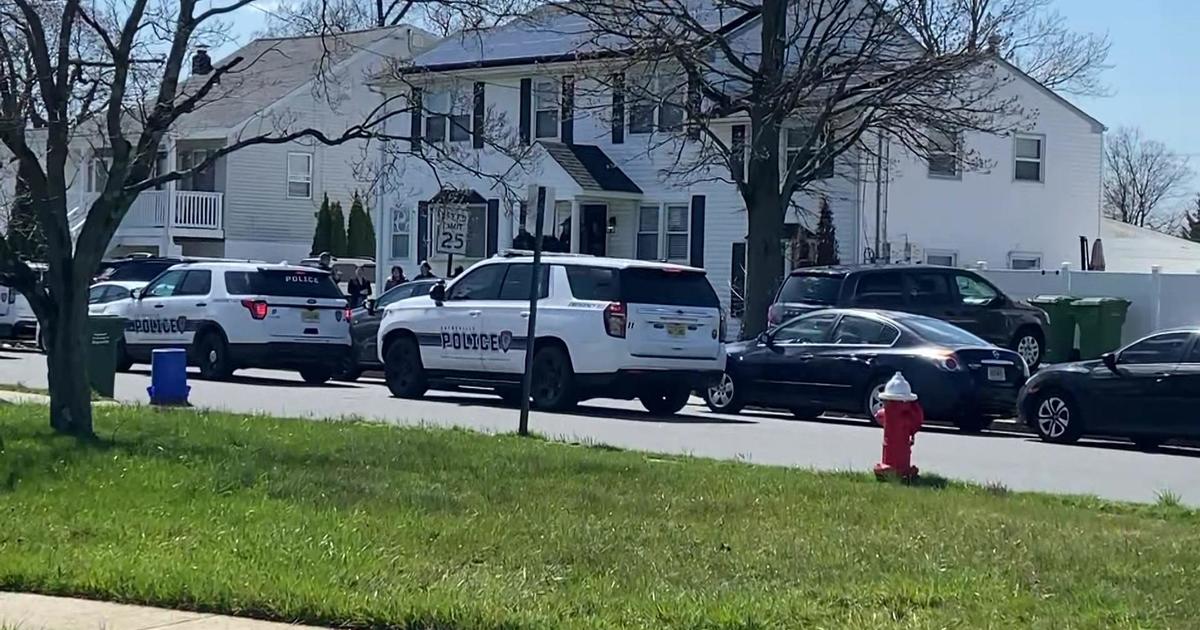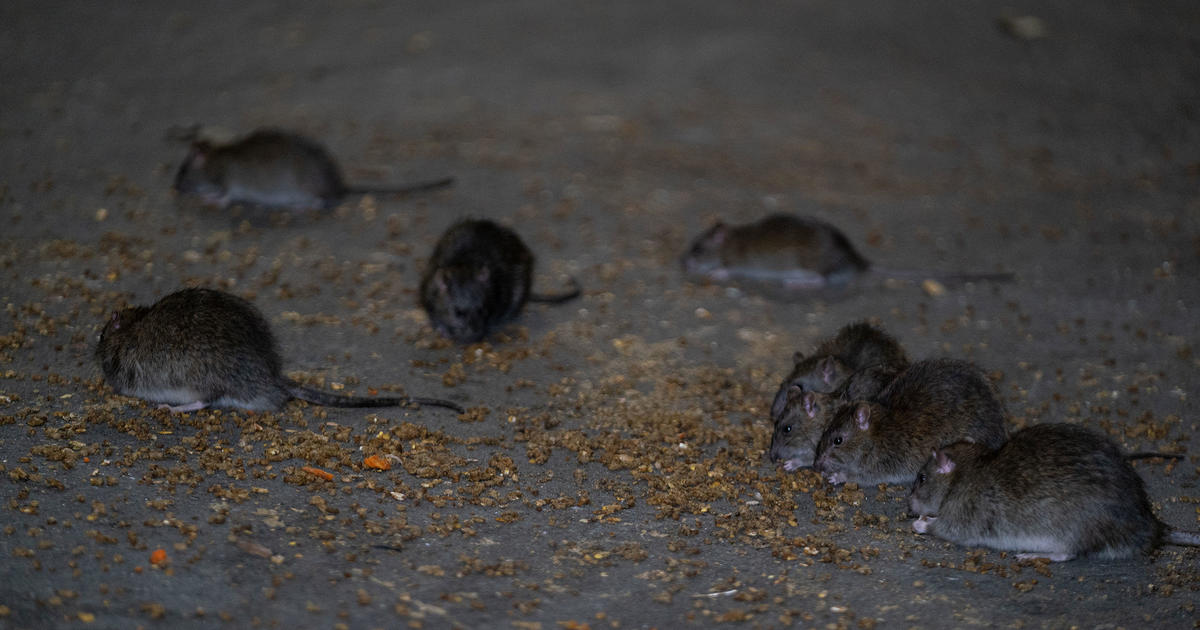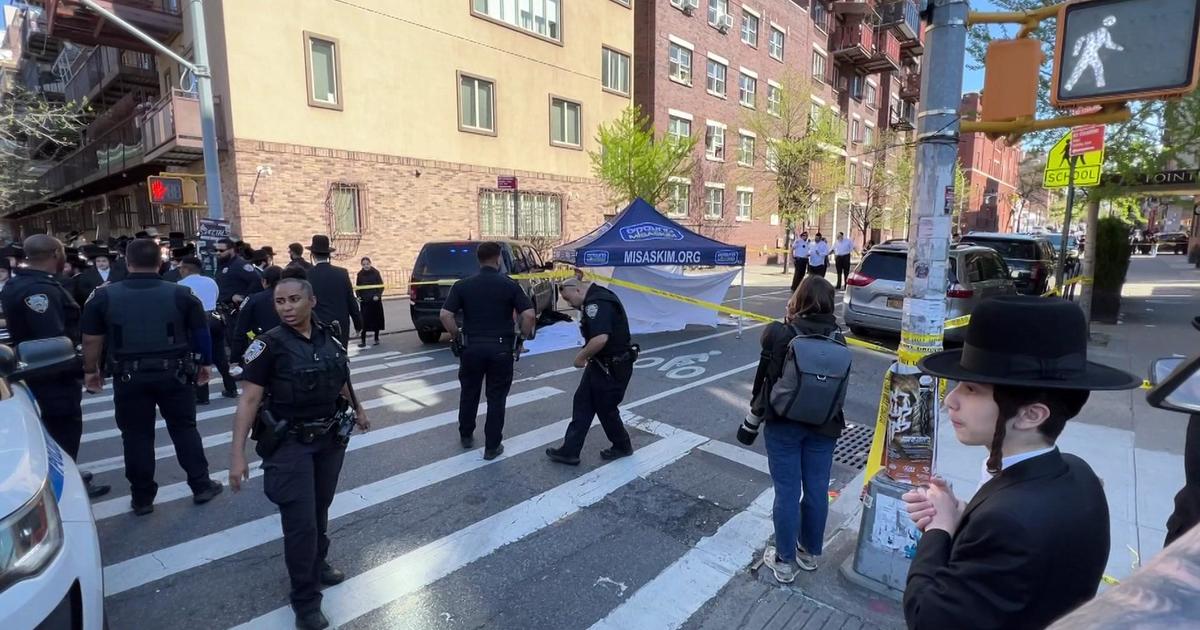Child Psychologist Talks To CBS2 About How Parents Should Discuss Racism And Activism: 'Use This As A Teachable Moment'
HILLSIDE, N.J. (CBSNewYork) -- The death of George Floyd while in the custody of Minneapolis Police has led to a rush of emotions and questions for young people throughout the country.
For Hillsdale, N.J. teenager Jake Waterman, the main emotion has been one of fear.
"It's fear. It's that I'm a 14-year-old African-American man in America," Waterman told CBS2's Hazel Sanchez on Tuesday. "Not many adults will listen to me and what I have to say. So what can I really do?"
For Waterman's father, David, that has led to some difficult conversations, particularly in the aftermath of Floyd's death when peaceful protests have, at times, devolved into violence and looting. Waterman has been making sure to keep his message to both of his sons the same.
PHOTOS: Looting And Its Aftermath In NYC
"I've been saying to them, it's completely wrong to do those things. But I don't think you should stay silent," David Waterman said. "It's important to be an activist to some degree and to express your feelings and to stand up for what you believe in. But always make sure to do it in a peaceful way."
Child psychologist Reena Patel said parents of all races should be speaking with their children about racism and positive activism. Patel acknowledges that the conversation should be developmentally appropriate and it can even start with children as young as 3-5 years old.
"They understand that there's different ethnicities, so as parents it's our duty to start to have the dialogue," Patel said.
The most important things for parents to do in these conversations, according to Patel, are two-fold:
- Be open and honest -- Explain some people get treated unfairly because of their skin color, culture or religion
- Be a good role model -- Talk about similarities and embracing differences
"Children are sponges. They will take any information, any cue, even the non-verbal ones and act upon it," said Patel. "So this is the time for us to use this as a teachable moment."
Also important is limiting the amount of media exposure for younger children. But, parents should also address what they may be witnessing first hand.
"We have families that are indoors and hearing the rioting and protesting and the vandalism outside so validate. Make sure they feel safe. Make sure they feel comforted. Make sure they know that there are still rules in place," said Patel. "But you also want to protect them because they are still having a lot of time processing and we want to make sure that we're not instilling anxiety or fear."
While young children are one case, teenagers are another. Patel said parents should encourage their activism, but also remind them that consequences come from actions.
"Activism is not just going out and working in a huge crowd and making some march. It's also about emailing and writing to your congressman and maybe starting small within your own household and making some signs," Patel said. "And sharing it with your neighborhood. And talking about what kindness and compassion and respect is."



